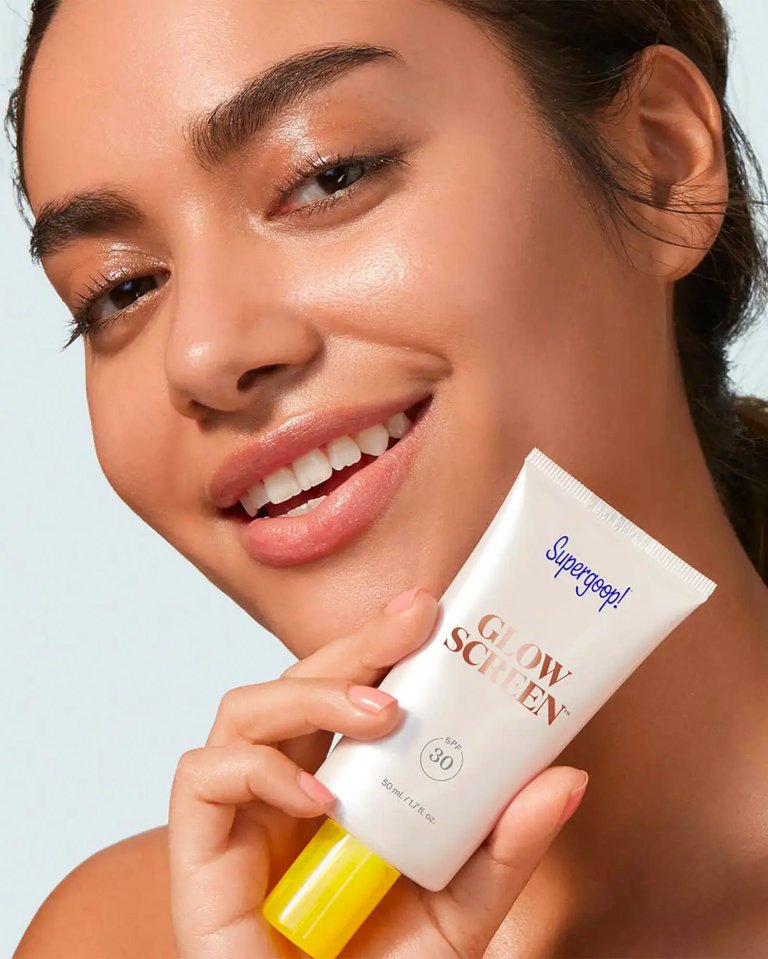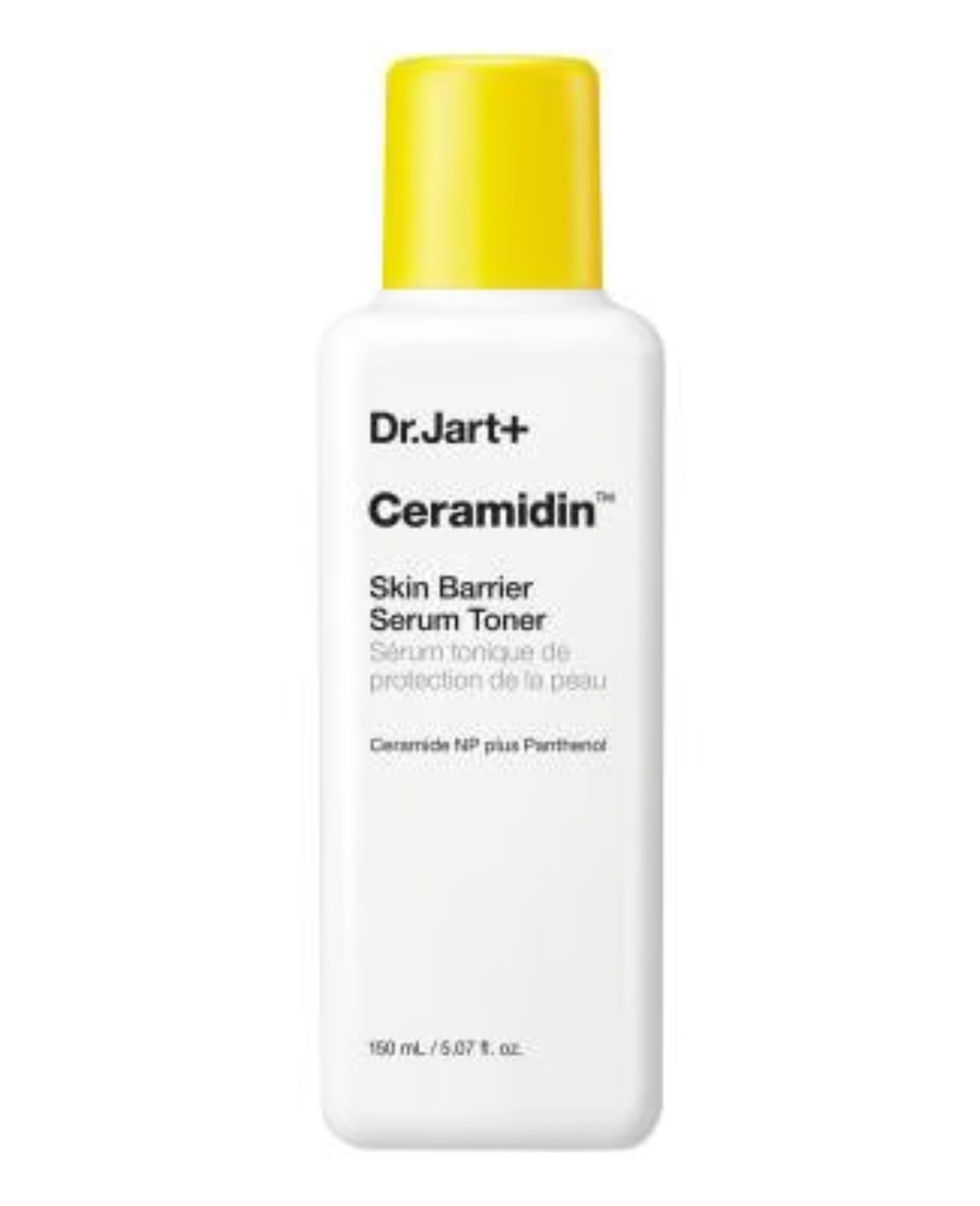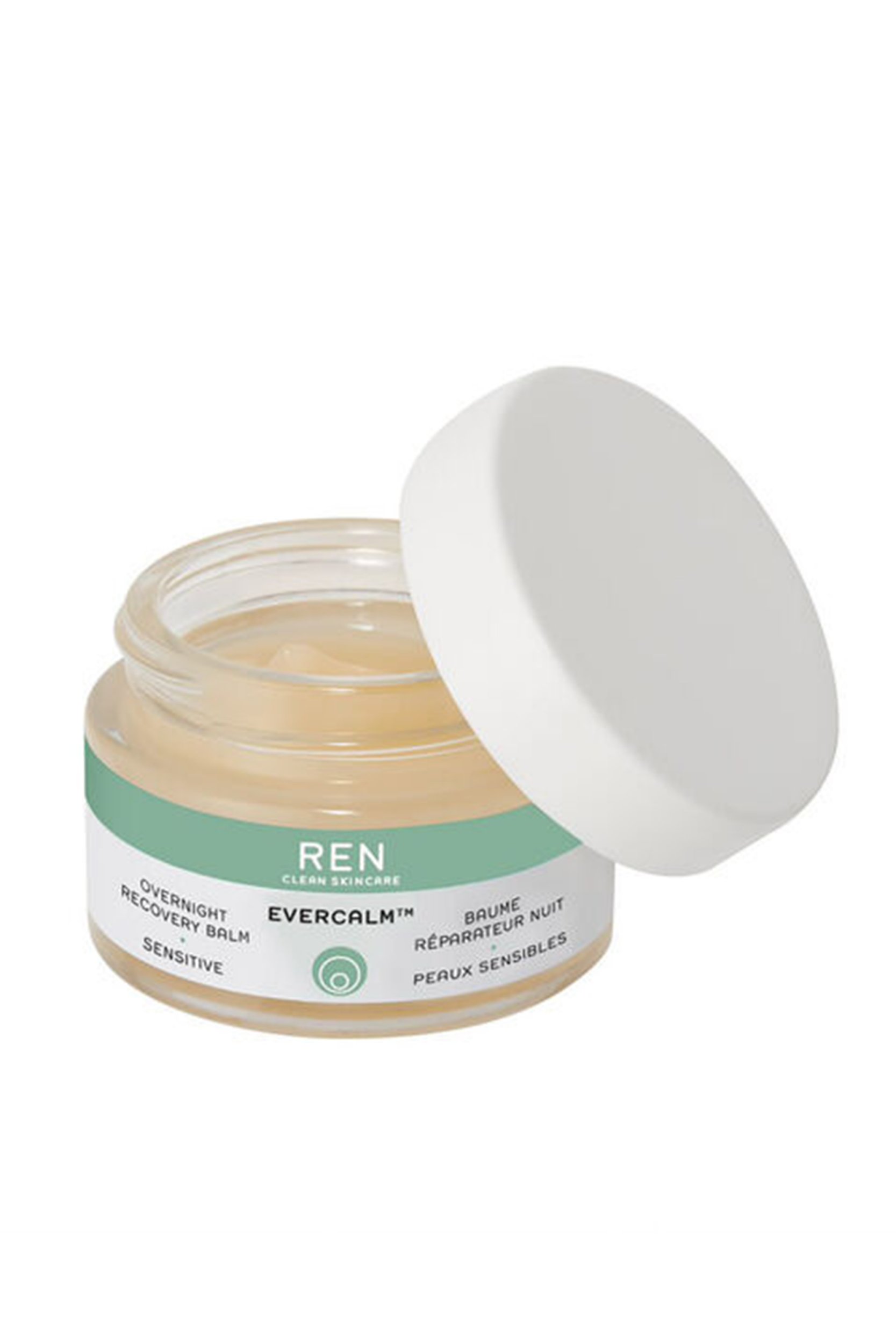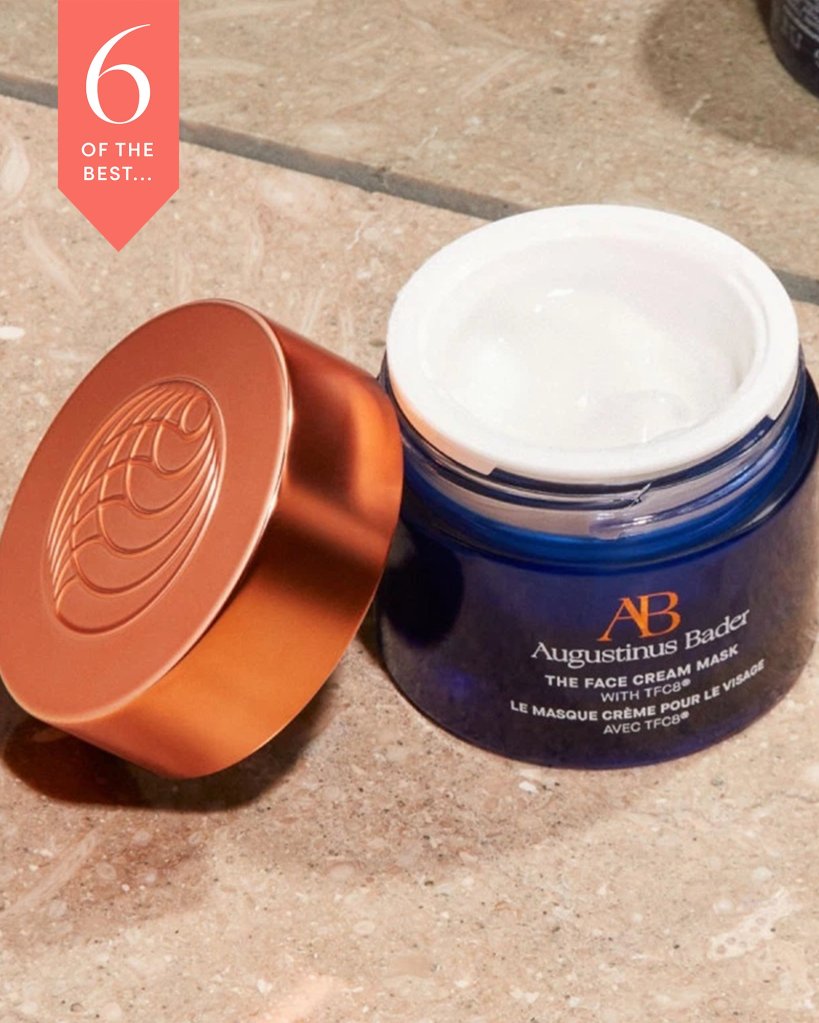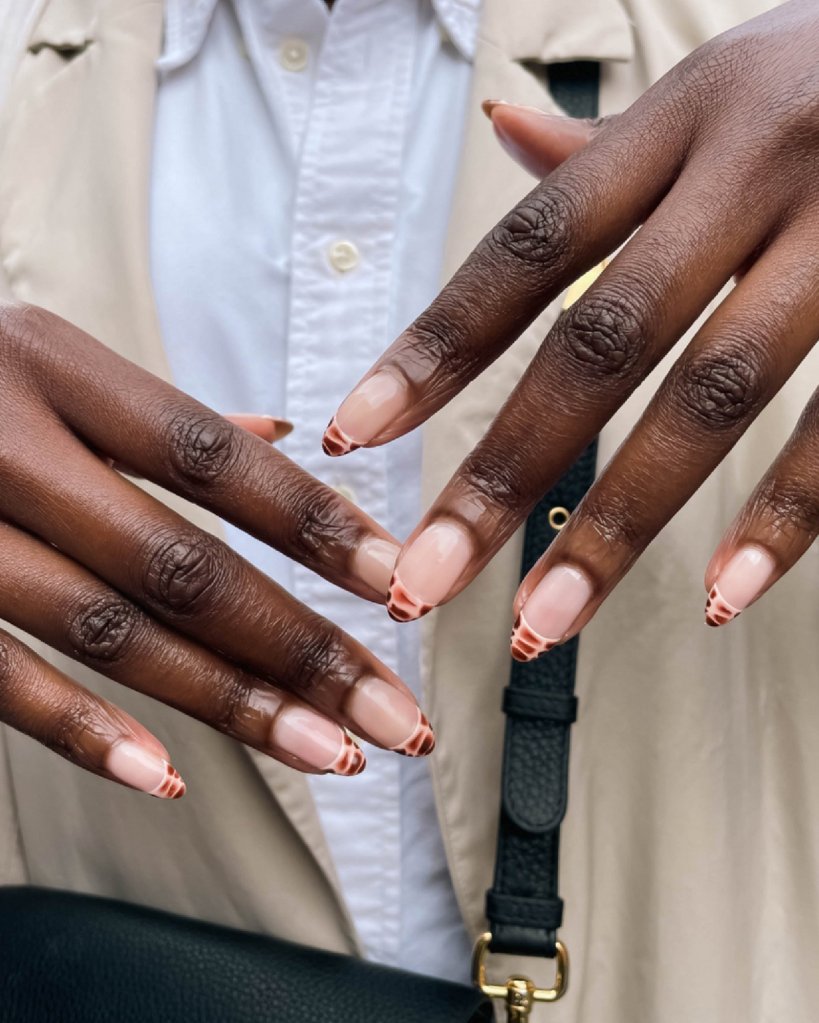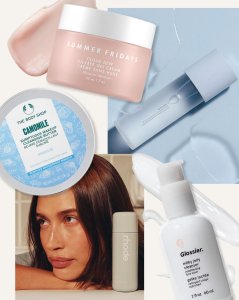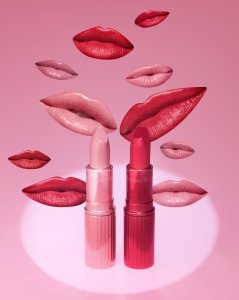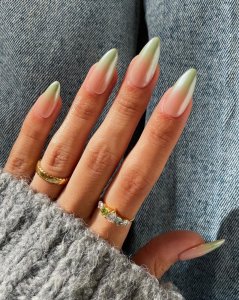There are many things I love about the winter season: crisp winter walks, the overly sweet seasonal drinks menu at every mainstream coffee shop chain, festive lights and oversized coats.
There are also many things I hate, including the havoc that cold weather and central heating wreaks on my skin. My skin is dry and dehydrated at the best of times, so trying to keep my hydration levels locked down becomes a serious mission come the winter season.
Thankfully, there are experts out there who take these matters into their own hands on the daily. I asked Dr Christine Hall, skincare expert and Aesthetic Doctor at Taktouk Clinic, Dr Derrick Phillips, CeraVe’s Consultant Dermatologist, and Dr Nathalie Broussard, Shiseido’s Scientific Director, to share their tips for achieving our glowiest, healthiest skin this winter.
From how to maintain optimal hydration levels, to which seasonal ingredients you should switch into your routine, these are the doctor-recommended skincare changes to make this winter season.
1. Wear your SPF every day
When it comes to sun protection, you need to be slathering on the SPF all year round, and yes, that means even in the depths of winter when it feels like we haven’t seen the sun in three months. “We should be wearing SPF50 every single day of the year, even if it’s snowing,” says Dr Christine.
“We know that the sun’s rays are responsible for 90% of skin ageing, and even if you are sat inside, UV rays can penetrate glass. Not to forget the damage that can occur to the skin through blue light.”
With a new generation of SPFs that are as lightweight and packed full of skin-loving ingredients as your fave skincare serum, there’s no excuse not to be applying one every day.
Add it to your skincare routine after your moisturiser and before your makeup. Shiseido’s facial SPFs are lightweight and invisible on all skin tones, while Ultra Violette’s range of sunscreens has a formula to fit every skin type, and Supergoop is the brand you need to know if you love an SPF with built-in luminosity.
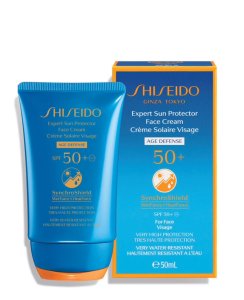
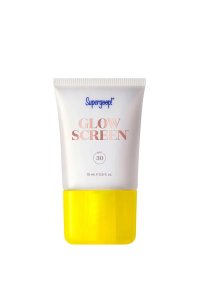
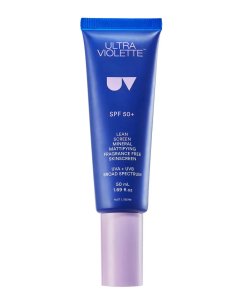
*Eliza may earn commission on sales from these product links
2. Get rich
When it gets colder all you want to do is wrap yourself in a duvet, right? Your skin wants the same. The skincare equivalent of a duvet is reaching for a richer, more nourishing formulas, and there are some key winter-proofing ingredients to look out for when scanning the INCI list.
“During colder months, people should seek to include hydrating ingredients like hyaluronic acid, glycerin and urea to boost skin moisture retention,” says Dr Derrick. “Rich emollients such as ceramides and fatty acids can help strengthen the skin barrier, preventing moisture loss.”
Dry skin types will want to lean more heavily towards more oil-based and ceramide-packed creams. “Ceramides are lipids, molecules or fats that ensure our skin barrier remains strong and prevents transepidermal water loss,” explains Dr Christine.
“Dr Jart’s Ceramidin Skin Barrier Serum Toner has to be one of the best skincare hybrids that I have ever used. It contains ceramides, vitamin B5 (panthenol) and glycerin, a humectant which attracts water to give you the ultimate hydration, glow and healthy skin barrier.”
Having battled with dry skin every winter, I apply hyaluronic acid and then follow with a rotation of my favourites which also includes a star product from Dr Jart+, the brand’s Ceramidin Skin Barrier Moisturising Cream, £38, Cult Beauty, as well as Weleda’s Skin Food, £14.95, Sephora, and Sunday Riley’s Ice Ceramide Moisturising Cream, £60, Cult Beauty.
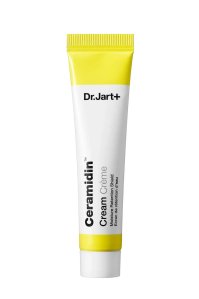
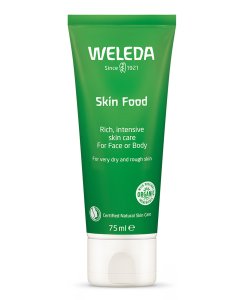
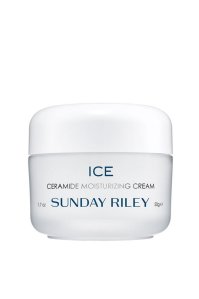
*Eliza may earn commission on sales from these product links
Those with dehydrated and oily skin will benefit from creams formulated with hyaluronic acid, like Shiseido’s Essential Energy Hydrating Cream, £35, Look Fantastic, Charlotte Tilbury’s Magic Water Cream, £79, Cult Beauty, and The Inkey List’s Omega Water Cream, £9.99, Boots, all of which flood the skin with hydration without clogging pores.
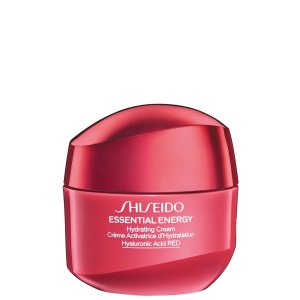
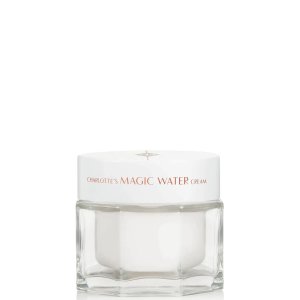
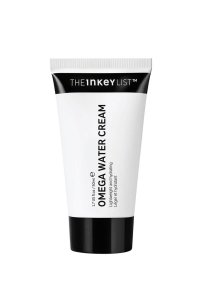
*Eliza may earn commission on sales from these product links
Using thicker balms to lock in moisture, also known as slugging, is a great way to repair and protect your skin from irritation and dryness. Dr Christine recommends seeking out products that contain the ingredient beta-glucan, such as Ren’s Evercalm Overnight Recovery Balm. “We’ve all heard of hyaluronic acid’s claims that it can hold up to 1000x its weight in water. Beta glucan is 20% more hydrating than hyaluronic acid,” she explains.
“It’s a humectant meaning that it attracts water to itself, maximising hydration and in turn plumping out the skin and smoothing out very fine lines. In addition, we’ve found this miracle ingredient also has antioxidant and anti-inflammatory properties, meaning that it will help to restore and repair the skin barrier.”
3. Update your lip balm roster
We already know that having a lip balm in winter is key to preventing your lips from straying into chapped territory, but what makes a really good lip balm?
As a self-confessed balm hoarder I’ve pretty much tried every single one out there, and the ones I make sure to have multiple of to last me through winter include Laneige’s Lip Sleeping Mask, which I slick on before bed for a nightly conditioning reset, Soho Skin’s Lip Balm, a chunky, rich lip balm that contains a blend of peptides, shea butter, raspberry and pomegranate oils for a smooth, nourished lips, and Naturium’s Phyto-Glow Lip Balm which has a non-sticky, glossy finish and is packed with plant squalane, shea and cupuacu butter for an instant hit of hydration.
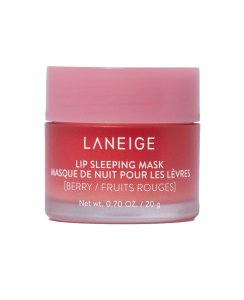
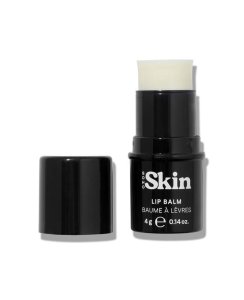
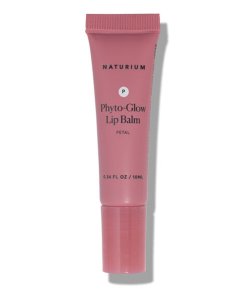
*Eliza may earn commission on sales from these product links
For a hint of colour and lip protection, I also love Rhode’s Peptide Lip Tints which give a subtle tint while plumping and hydrating the lips. Delicious.
4. New-gen skin boosters
If keeping your skin looking it’s absolute best is your top priority for winter, then you might want to consider trying a skin booster, one of the most effective treatments for rehydrating and brightening the complexion.
“Skin boosters inject a shot of moisture into the skin, unlike anything that you can achieve by applying products onto the skin surface,” explains Dr Christine.
“My particular favourite type is called Redensity 1. It’s a combination of hyaluronic acid, vitamins, minerals and antioxidants which not only hydrate, but also work to brighten, reduce pigmentation, improve texture and the overall quality of your skin.”
If your number one skincare concern is very dry skin, then Profhilo is a great injectable skin booster which floods the skin with hydration; “Profhilo contains hyaluronic acid alone but at a higher concentration, giving you an extra boost of moisture,” says Dr Christine.
Not a fan of needles? No problem; there are some fantastic hydrating serums out there that you can incorporate into your routine which are the next best thing to skin boosters.
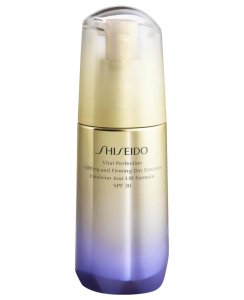
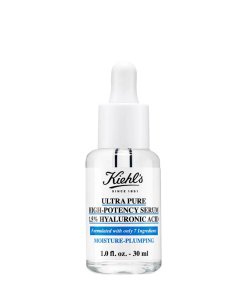
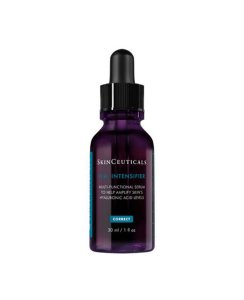
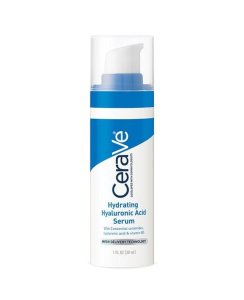
*Eliza may earn commission on sales from these product links
5. Swap in a super gentle cleanser
When your skin starts looking inevitably dulled by the lack of sunlight, the temptation is to reach for an active-packed cleanser to exfoliate your way to brighter skin every morning. Instead of doing this, Dr Nathalie recommends reaching for a gentle, nourishing cleanser.
“Steer clear of skin-stripping cleansers that damage the skin’s hydrolipidic film, which is already put to the test this season,” she says. She recommends using an oil cleanser instead, which will remove makeup and daily grime without disturbing your skin’s natural moisture balance.
If you don’t love the feel of oil, or want a low-key morning cleanse, try a cleansing balm like Byoma’s Melting Balm Cleanser, £14.99, Sephora, or a soothing cleanser such as Kate Somerville’s Goat Milk Moisturising Cleanser, £38, Space NK.
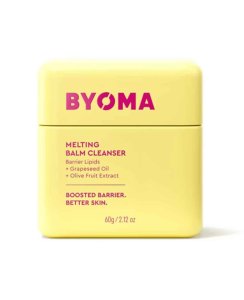
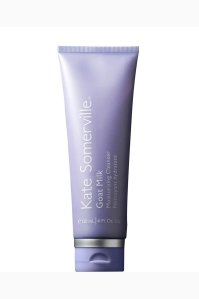
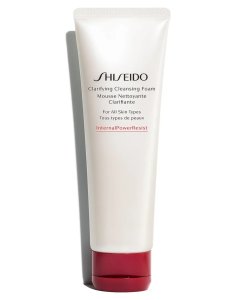
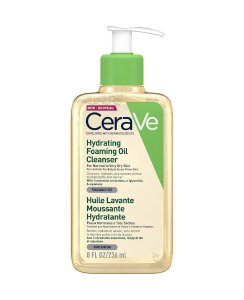
*Eliza may earn commission on sales from these product links
